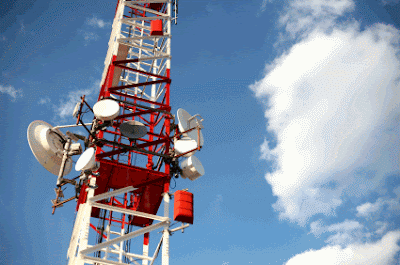telecommunications | Stories from Somaliland
As long I can remember, my cellphone has been the laughing stock of my
friends. When everyone else had flip phones, mine still had an antenna and a
bad tendency to pocket-dial people. While others got 3G and international
roaming, I could never get bars inside my house. And in the last year, before I
moved to Somaliland, my friends all converted to iPhones, Blackberrys, and
Droids while I continued using the Motorola burner that my dad bought in 2005.
I’ve always paid my own cellphone bills, and as a student on a budget, opted
for low-end, pay-as-you-go monthly plans. Most of my phones never had T9, so my
texting skills are infantile. I’ve become accustomed to having a phone that
doesn’t work half of the time, charges me 25 cents per text received, and
functions more as a pager. Just ask my friends…I usually get their calls on my
mobile and then call them back from my house landline phone.
Before moving to Somaliland, I tried to mentally prepare myself for a new
life without many of the things I had always taken for granted – fast internet,
a wide variety of food, and functional TV channels. I didn’t think much about
whether or not I would have a mobile phone here.
Having traveled a decent amount, I’ve noticed that almost everyone I meet
around the world has a mobile phone. It seems that no matter how poor or
underdeveloped the country I travel to, everybody still can scrounge together
enough money to afford a cellphone. Migrant fishermen in Malaysia, sketchy street-lurkers
in Colombia, grandfathers in Morocco. When I was in Ghana four years ago, our
driver had two cellphones. I can travel thousands of miles from home and back
again, and the only person I ever meet without a mobile is my mom, who is quite
happy to live without one.
Because of my travels, I was not at all surprised to discover that the
telecommunications industry is alive and booming in Somaliland. In fact, all of
Africa is becoming saturated with cellphones, and mobile companies and phone
manufacturers are paying close attention. An emerging African middle class
combined with the increasingly low prices of mobile phones mean that the
continent now offers millions of potential customers in a large market that is
only beginning to be tapped.
Somaliland is an ideal example of why the telecommunications industry is
booming in Africa. In the late 1980’s, Siad Barre, the repressive dictator of
the Somali Republic, launched repeated air attacks on Hargeisa. The bombing
completely destroyed most of the city and crippled the infrastructure and
development of the northern region. I doubt that telephone poles had been
erected in the country back then, but if any did exist, Barre’s assault surely
took them out.


Comments
Post a Comment